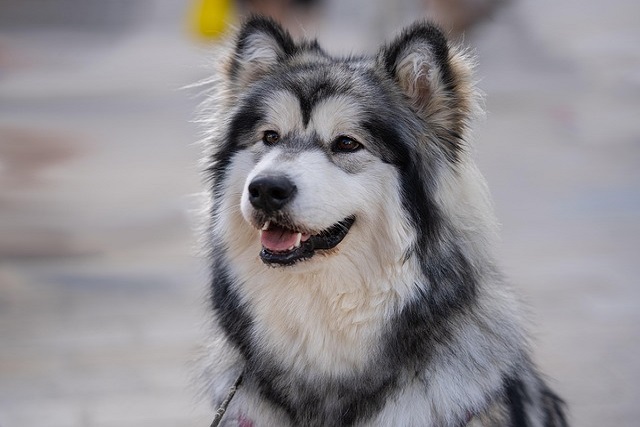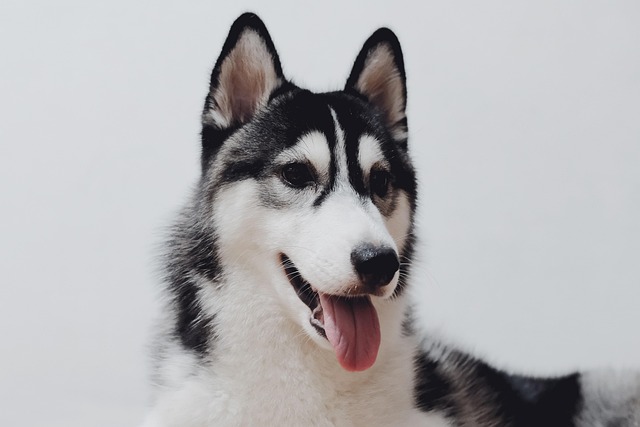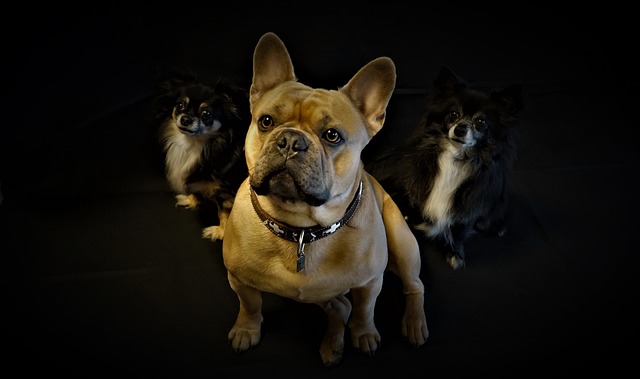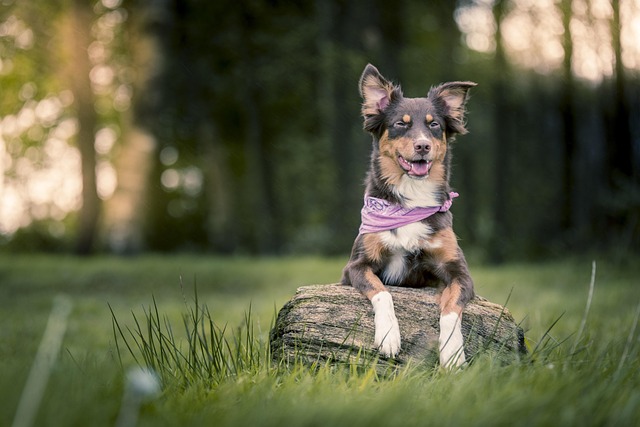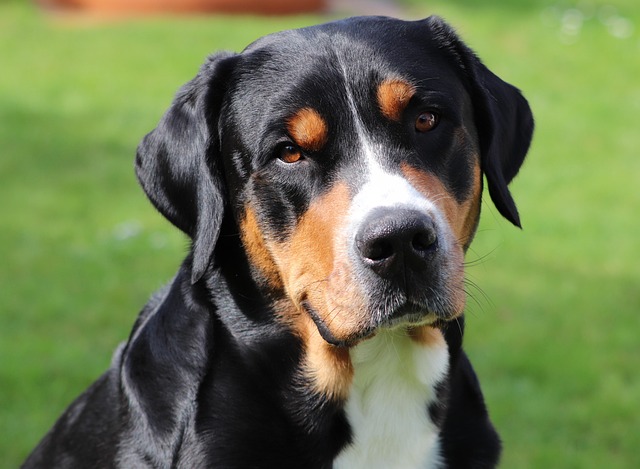German Shepherds, with their majestic and handsome appearance, smart and sharp minds, and loyal and reliable character, have become the ideal pet companions in the hearts of countless people. When a furry, chubby German Shepherd puppy enters the house, its lively and active appearance can instantly melt our hearts. But at the same time, the puppy's vigorous energy and ignorant behavior also make us realize that it is urgent to train it scientifically and systematically at home. This is not only to make the puppy grow into a well-behaved dog, but also a wonderful journey for the owner and the puppy to establish a deep emotional bond and grow together.
From the moment the puppy enters the house, we have started the first step of training - establishing rules and boundaries. German Shepherd puppies are smart and observant, and they will quickly try to understand all the rules in this new environment. At this time, demarcating a dedicated living area for it, such as a place to place a doghouse, food bowl and toys, can help it clarify its range of activities. When the puppy is active in the designated area, give gentle encouragement and praise; if it tries to cross the line, stop it with a firm and gentle tone. For example, when the puppy wants to run to a forbidden room, gently pull the leash and say "no" seriously to let it know which behaviors are not allowed. In this process, our attitude should be consistent. We cannot be indulgent at times and strict at times, otherwise the puppy will be confused and it will be difficult for it to form a clear sense of rules. Every interaction with the puppy about the rules is laying the foundation for its future good behavior, and it also allows us to gradually build trust and tacit understanding between us and the puppy.
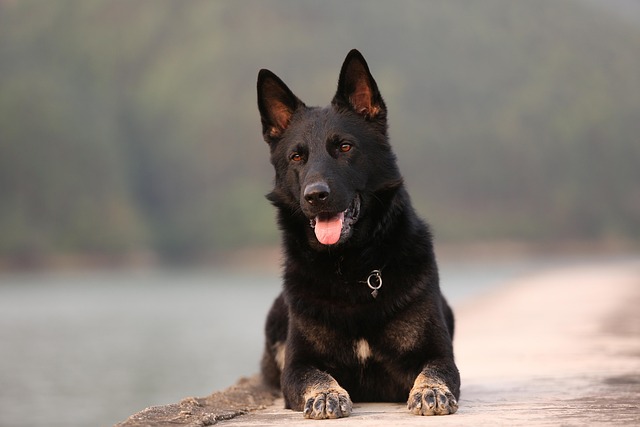 Basic command training is the core part of puppy training. Simple commands such as "sit down", "lie down", and "come here" can help puppies learn to obey the owner's command and better adapt to family life. When training the "sit down" command, prepare some snacks that puppies like, such as chicken jerky or cheese grains. Hold the snacks above the puppy's head to attract its attention. At this time, the puppy's head will unconsciously rise and its body will naturally sink. When its buttocks touch the ground, immediately issue the command "sit down" and give it a snack reward. At the same time, gently stroke it and praise it for being "awesome". Repeat this process. After many exercises, the puppy will be able to establish a connection between the "sit down" command and the corresponding action. During the training process, our voices should be clear and firm, and the tone should be encouraging, so that the puppy can feel the joy and sense of accomplishment after completing the command. Watching the puppy go from being confused and confused at first to being able to accurately obey the command, every progress makes us happy, as if witnessing one small milestone after another on its growth path.
Basic command training is the core part of puppy training. Simple commands such as "sit down", "lie down", and "come here" can help puppies learn to obey the owner's command and better adapt to family life. When training the "sit down" command, prepare some snacks that puppies like, such as chicken jerky or cheese grains. Hold the snacks above the puppy's head to attract its attention. At this time, the puppy's head will unconsciously rise and its body will naturally sink. When its buttocks touch the ground, immediately issue the command "sit down" and give it a snack reward. At the same time, gently stroke it and praise it for being "awesome". Repeat this process. After many exercises, the puppy will be able to establish a connection between the "sit down" command and the corresponding action. During the training process, our voices should be clear and firm, and the tone should be encouraging, so that the puppy can feel the joy and sense of accomplishment after completing the command. Watching the puppy go from being confused and confused at first to being able to accurately obey the command, every progress makes us happy, as if witnessing one small milestone after another on its growth path.
In addition to command training, the cultivation of living habits is also very important. German Shepherd puppies are energetic. If they are not guided, they may destroy the house and bite things randomly. Prepare a variety of toys for it, such as rubber balls, chewing gum, etc., to satisfy its nature of biting and prevent it from destroying items at home. When you find that the puppy has inappropriate behavior such as biting furniture, do not beat or scold it, but quickly use toys to attract its attention and shift its interest from furniture to toys. In daily life, it is also necessary to cultivate good excretion habits for puppies. Carefully observe the behavior of the puppy. When it shows excretion signals such as turning in circles and sniffing the ground, immediately take it to the designated excretion area, such as a corner with a urine mat. If it excretes in the right place, give it a lot of praise and rewards; if it makes a mistake accidentally, clean it up in time, and do not punish it, so as not to make it fearful, which is not conducive to excretion training. Patiently guiding puppies to develop good living habits can make our home life more harmonious and orderly, and also let puppies gain a sense of security in a regular life.
Socialization training is also indispensable for the growth of German Shepherd puppies. Let puppies come into contact with different people and other animals from an early age, which can help them build self-confidence and avoid overly timid or aggressive behavior when they grow up. Take the puppy to parks, pet gatherings and other places, let it interact with other dogs in a friendly manner, and politely contact strangers. During the socialization process, we should always pay attention to the puppy's emotional changes. If it shows nervousness or fear, comfort it in time; if it can get along with others in a friendly manner, give affirmation and rewards. When we see the puppy happily playing with other friends and confidently wagging its tail to strangers, we will be proud of its bravery and friendliness, and we also know the importance of socialization training to its growth.
Training German Shepherd puppies at home requires us to invest a lot of time, patience and love. Every training is an opportunity to communicate with the puppy's heart. We use love and guidance to help it grow into an excellent dog. In this process, we have witnessed the puppy's progress bit by bit and gained its full trust and dependence. Let us cherish every moment with the puppy, escort its growth with patience and care, and create a memory full of warmth and joy together.
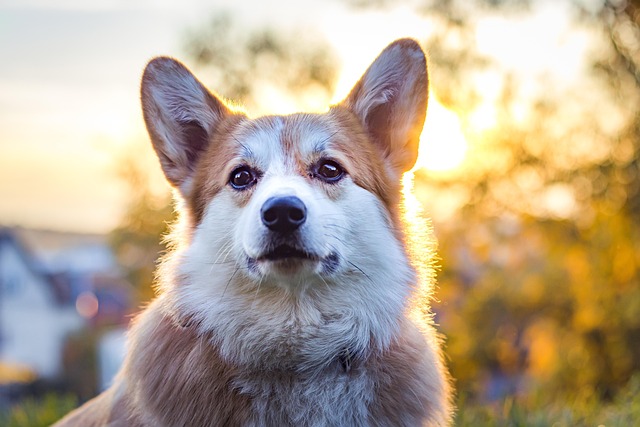
 Basic command training is the core part of puppy training. Simple commands such as "sit down", "lie down", and "come here" can help puppies learn to obey the owner's command and better adapt to family life. When training the "sit down" command, prepare some snacks that puppies like, such as chicken jerky or cheese grains. Hold the snacks above the puppy's head to attract its attention. At this time, the puppy's head will unconsciously rise and its body will naturally sink. When its buttocks touch the ground, immediately issue the command "sit down" and give it a snack reward. At the same time, gently stroke it and praise it for being "awesome". Repeat this process. After many exercises, the puppy will be able to establish a connection between the "sit down" command and the corresponding action. During the training process, our voices should be clear and firm, and the tone should be encouraging, so that the puppy can feel the joy and sense of accomplishment after completing the command. Watching the puppy go from being confused and confused at first to being able to accurately obey the command, every progress makes us happy, as if witnessing one small milestone after another on its growth path.
Basic command training is the core part of puppy training. Simple commands such as "sit down", "lie down", and "come here" can help puppies learn to obey the owner's command and better adapt to family life. When training the "sit down" command, prepare some snacks that puppies like, such as chicken jerky or cheese grains. Hold the snacks above the puppy's head to attract its attention. At this time, the puppy's head will unconsciously rise and its body will naturally sink. When its buttocks touch the ground, immediately issue the command "sit down" and give it a snack reward. At the same time, gently stroke it and praise it for being "awesome". Repeat this process. After many exercises, the puppy will be able to establish a connection between the "sit down" command and the corresponding action. During the training process, our voices should be clear and firm, and the tone should be encouraging, so that the puppy can feel the joy and sense of accomplishment after completing the command. Watching the puppy go from being confused and confused at first to being able to accurately obey the command, every progress makes us happy, as if witnessing one small milestone after another on its growth path. 